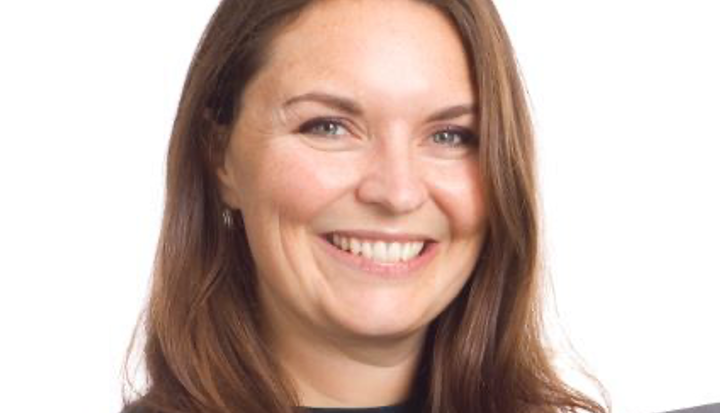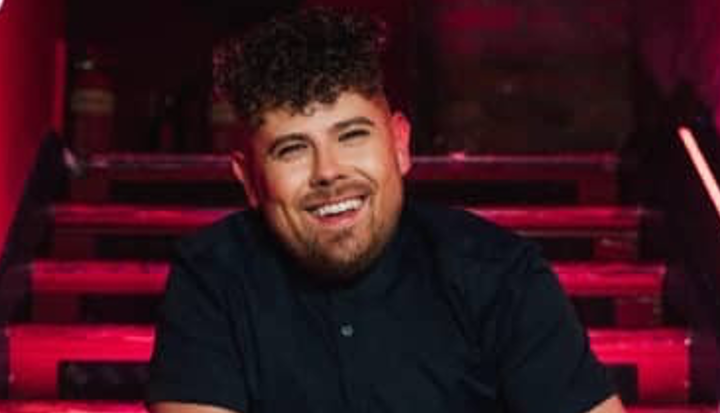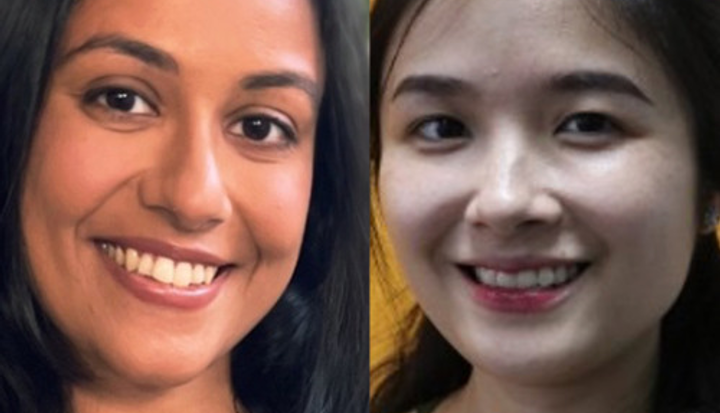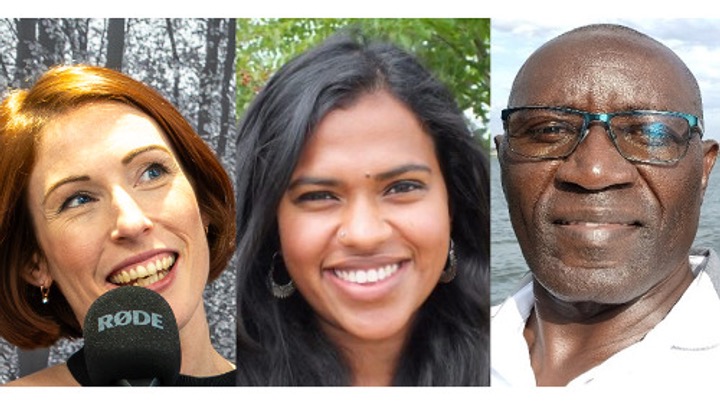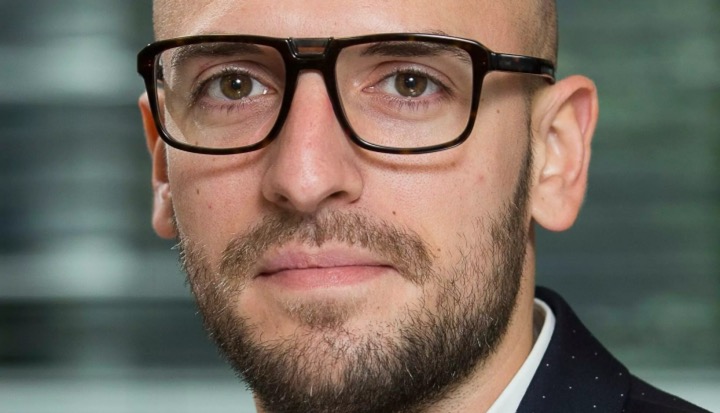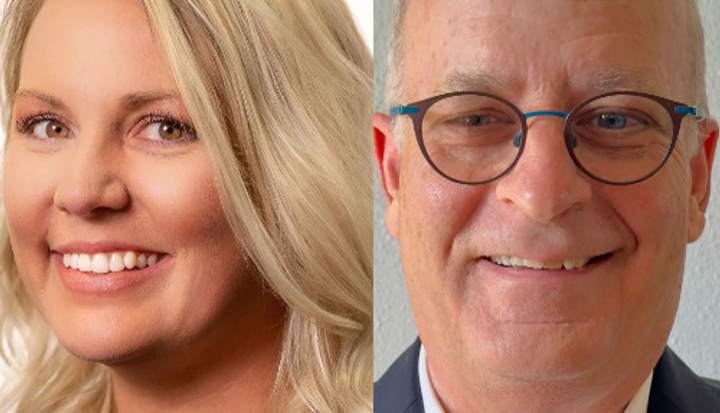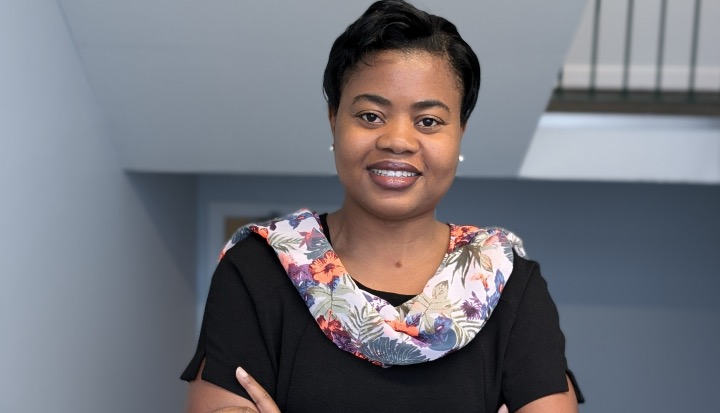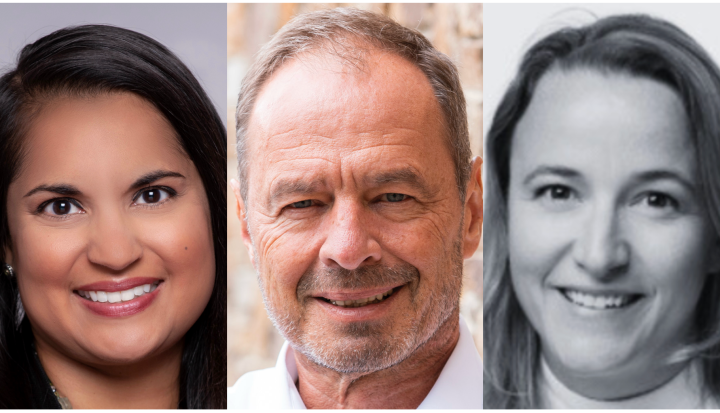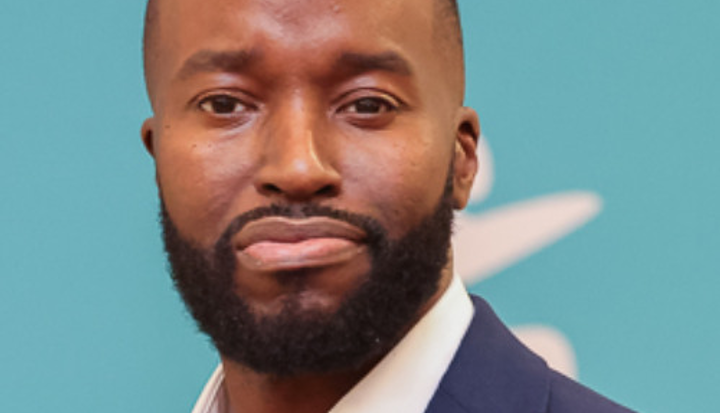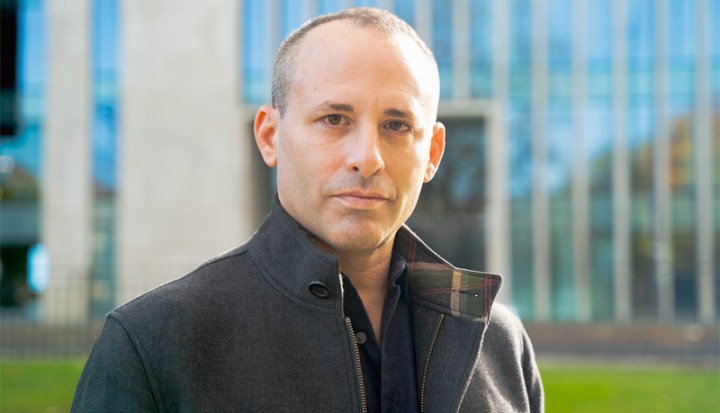BFP: What do you do?
TL: Vestergaard is an international company dedicated to improving the health of vulnerable people, most of whom live in developing countries. Our game-changing solutions contribute to a healthier, more sustainable planet by fighting malaria, HIV/AIDS, diarrheal diseases and neglected tropical diseases. I work within the water business unit at Vestergaard, managing a variety of responsibilities related to the development and deployment of our LifeStraw® products. These products transform microbiologically contaminated water into safe drinking water.
More specifically, I manage training, data collection and implementation of our field projects in Kenya including LifeStraw® Carbon for Water and Follow the Liters. The LifeStraw® Carbon for Water Program uses carbon financing to provide access to safe drinking water to more than 4 million Kenyans. Our Follow the Liters cause marketing campaign provides one school child in Africa clean water for an entire school year for every LifeStraw® purchased by a consumer. I also develop training curriculums for our products and advise on program implementation for partners. I assist in the production of our technical marketing documents, and in the implementation of product field trials.
BFP: What is the best part about your job/project?
TL: The best part of my job is being able to make the direct connection between the products we develop and the end users who benefit from them. I have the unique opportunity to work with our R&D, supply chain, marketing and sales teams, and to also spend time implementing programs where I go to households, schools, clinics, etc and interact with the users of our products and beneficiaries of our programs. I am able to see the direct, often life-saving impact that our products and programs are making on the lives of individuals in the developing world.
BFP: What has been your greatest challenge?
TL: One of Vestergaard’s core values is to be an innovative challenger. This often means pushing the boundaries with our programs or products and coming up with new ways of doing business in the global health and development sector. To that end, we have been at the forefront of developing and testing new business models, an example of which is the LifeStraw® Carbon for Water Program. This program was the first to issue carbon credits based on the provision of safe water, and thus the first to demonstrate that climate finance can support safe water projects at scale. Yet, being a first has its challenges: carbon finance is complicated, especially when it comes to implementing water programs. There is a rigorous monitoring and reporting process that encompasses annual data collection, independent auditing, and additional verifications and reviews. And, because we were the first, a lot of these processes have been refined as the industry has collectively gained experience. We have had to work closely with our auditors and the Gold Standard Foundation to develop best practices. This has required a lot of time, energy and adaptation. Much of what we have learned has formed the basis of new guidance that has been issued for this niche industry. There is always more that can be done, but the challenge is to find the right balance between program activities, monitoring processes, and financial sustainability.
BFP: How have you overcome these challenges? / What has been the secret of your success? / What advice can you give others ?
TL: I think part of our success is having an attitude of adaptability and openness to improvement. In the LifeStraw® Carbon for Water Program, every time we do education and training, create surveys, collect data, we are making changes in an effort to refine our practices and respond to new recommendations or lessons learned. We implemented smart-phone based electronic inventory and reporting systems for our service centers and central warehouse; we have worked with external reviewers to refine our survey practices; we have even reached beyond the direct scope of the program and worked in schools and health clinics. We have also leveraged the information and experience gained from this program for the general LifeStraw® business. For example, we use feedback from the program to inform design process of next generation products, we leverage our infrastructure to field test new products, and we use our staff to train other NGOs in the region. We know there is always something new to learn from the field, so we are constantly collecting data on our products and refining them or creating new designs. I think that’s what keeps us moving forward as a successful business.
BFP: If someone wants to do what you do – where do they start?
TL: I think companies with some form of social enterprise model will be the most sustainable in the future. So my advice: join one or start one! It takes a comprehensive understanding on the ground of the problems you are trying to solve and the context, but like anything, with hard work, you’ll gain that knowledge. My own path started by working with more traditional NGOs and bilateral aid agencies. I also have a dual masters degree in public health and in business. In my education, I wanted to focus on that intersection: how can businesses be effective in the global health arena. The rest was a bit of luck and networking: I met my boss who was a previous graduate of my masters program, talked to her about Vestergaard, and then got hired. Since I have been at Vestergaard, it’s been a steep learning curve, a lot of hard work, and quite a bit of fun.
BFP: Finally, What do you hope to get out of being part of the BFP community?
TL: Inspiration. The BFP community is filled with incredibly talented and passionate individuals who are providing amazing ideas and innovations. I like the thought-provoking editorials, interesting products, and unique perspectives. I think being part of the BFP community is an excellent way to connect with counterparts doing similar work all over the world and to learn from their experiences and hopefully apply them to my own work.
Editor’s Note:
Thank you to Tara Lundy for taking the time to do this interview.
We’re always looking out for members to feature. Help us by taking two-minutes to update your profile, or by nominating someone for Business Fights Poverty Member of the Week.
Read previous Member of the Week interviews here.

